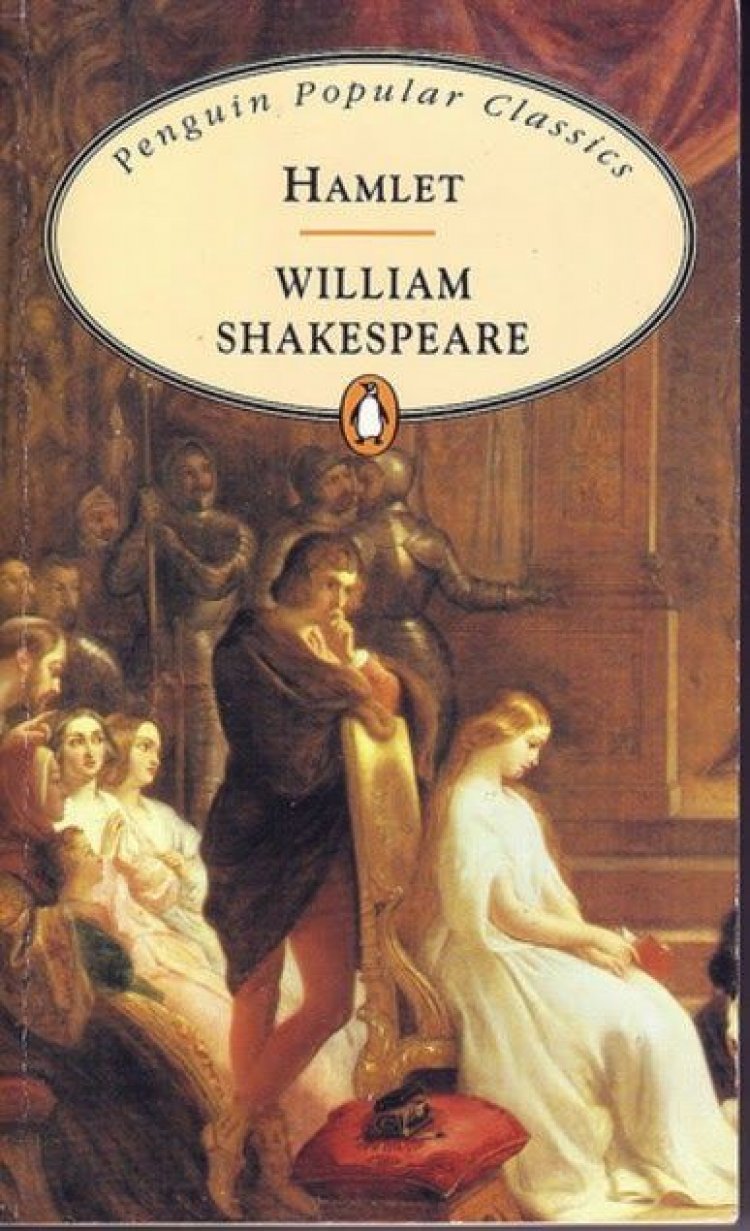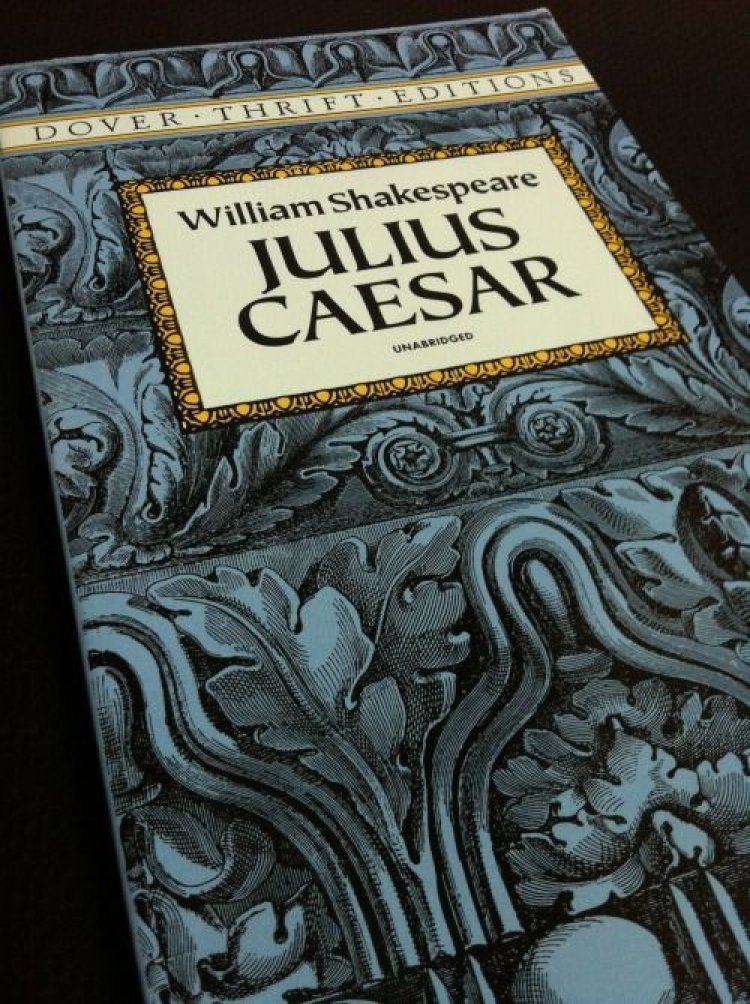5 greatest tragedies of William Shakespeare
The top 5 greatest tragedies of William Shakespeare. 1. Hamlet 2. King Lear 3. Julius Caesar 4. Macbeth 5. Othello.

5 GREAT TRAGEDIES OF WILLIAM SHAKESPEARE
William Shakespeare who is widely known as the greatest writer in the English language and the world’s greatest dramatic has written around 38 plays among which, 12 of them are tragedies. And these tragic plays depict universal themes like different human behaviors, greed, vengeance, lust, etc. Hence, it’s very inevitable to explore through these works of the honorable writer. This article suggests the very significant 5 greatest tragedies of William Shakespeare. 1. Hamlet 2. King Lear 3. Julius Caesar 4. Macbeth 5. Othello.
1. Hamlet

‘Hamlet' is one among the great tragedies of English literature penned by the ‘Bard of Avon’, William Shakespeare. Even though, it is popular as ' Hamlet’, the original title of the play is ‘The Tragedy of Hamlet, Prince of Denmark’ which was written between 1599 and 1602. It is the story of a prince named ‘Hamlet’ who revenged against the killer of his father. The attainments earned by the play, ‘Hamlet’ are innumerable. ‘Hamlet’ was Shakespeare's most popular play during his life span and it is one of his most performed plays that has welcomed various and critical aspects.
2. King Lear
This royal tragic play by Shakespeare was authored in 1605 or 1606 and it has been staged thousands of times around the world. King Lear portrays the story of King Lear who was flattered by his two elder daughters. Thus, he handed over his kingdom and finally had to face their ingratitude that turned the King into a lunatic. This play holds the themes of power, loyalty, mental breakdown, and family relationships. Shakespeare’s depiction of human nature makes the play noteworthy and relevant.
3. Julius Caesar

Julius Caesar which is a political play is an ideal book for the ones who love history and have fervor for language. The playset in ancient Rome portrays the early death of the cold historical man, Julius Caesar who was killed by Brutus. The ancient English employed in the play might be difficult for modern English users as it was published in the late 16th century. Even though the readers may not get enough time to become acquainted with Caesar, the other characters like Mark Antony and Brutus complete the overly dramatic play.
4. Macbeth
The Tragedy of Macbeth is the shortest tragedy of Shakespeare popularly known in its shortened name ‘Macbeth’. This story presents the story of a Scottish general, Macbeth who got a prophecy from three witches that he will become the Scottish ruler. This revelation makes him have a terrible kill with the assistance of his wife. Finally, this cruel deed lead to a civil war and thus tossed Macbeth and his wife into the torment of death and insanity. The deep insights that Shakespeare delivers through this play are remarkable that one should not overindulge in delusions and fantasies that can eventually lead us into our own mishaps.
5. Othello

‘Othello, the Moor of Venice, tragedy in five acts’ is the full title of the classic play ‘Othello’ penned by William Shakespeare. This play that traverses through the themes like racial enmity, passion, jealousy, betrayal is presented in a simplified plot and well-arranged events. The Moorish general, Othello was misled by the antagonist, Iago that Desdemona, Othello’s wife is in a love affair with his associate, Cassio. This infuriated Othello and slaughtered Desdemona. Later, he got the revelation of the manipulation and betrayal behind it.
These 5 greatest tragedies of William Shakespeare can give you the clear-cut revelation of human nature and the mishaps due to it.

















